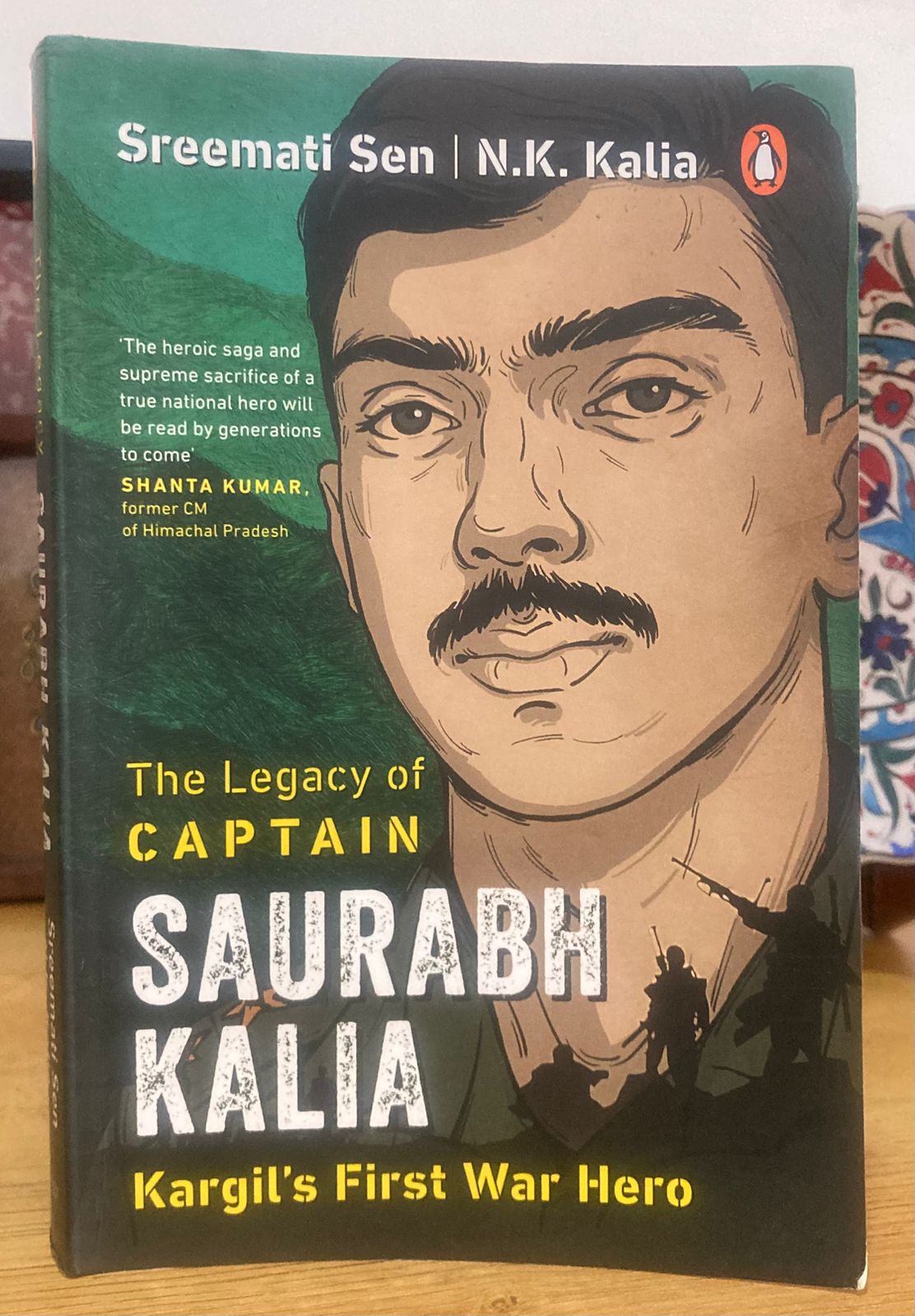The title had intrigued me for quite some time and I finally picked it up. I had already heard about the herd of elephants who trekked across Africa to mourn the death of their friend, the elephant whisperer. As I dug into this autobiographical narrative by Lawrence Antony about his game reserve “Thula Thula” (meaning peace and tranquility in Zulu) I was swept away in to the forests of Africa, its wild animals and birds with the natural ebb and flow of life.
It’s a beautifully crafted story of Lawrence and his experiences with the wild, from his precious herd of wild elephants who he was adamant to rehabilitate to his observations about the tiniest of plants to the inanimate rocks and the river which had a mind of its own.
As the name suggests its about the herd of elephants, their habits, their uncanny sense of direction, communication, sensitivity and even empathy towards all animals, including humans. Lawrence dreamt of an undivided forest land straddling across Africa so the wild animals could be precisely that, wild. He also had the vision to integrate the locals, the tribals so that the project would not only be sustainable but also let them gain from what was morally theirs. Unlike many educated people, he shows a respect for traditions, cultures, individuals, and all life forms.
The characterization is immensely interesting and strikingly individualized. The animals seem to have peculiar characteristics, well read, and understood by the author and the use of apt vocabulary endears them to the readers, while they can understand the hierarchy in the animal kingdom.
Emotion runs rife throughout. From poor heartless poachers who care a damn for the animals they kill, to the rogue elephants who develop communication with the author, from the French wife of the author who likes to serve delicate French cuisine to the regal head of the tribes who is seen dispensing justice to taking decisions about the tribal land, there is never a dull moment.
Life will go on. It is the law of nature and its foolish if man tries to interfere. We see that the man who can call out to the wild herd does not want to tame them in any way. He shows the same gentle acceptance and respect to all creatures, be it the super-sized pythons or the deadly mamba.
A quote I would like to share where Lawrence talks about his book and what he has observed about wild animals:
This is their story. They taught me that all life forms are important to
each other in our common quest for happiness and survival. That there is
more to life than just yourself, your own family, or your own kind.
I am indebted to Swetha and Manasi who had recommended this book to all at “Did you read today?”


